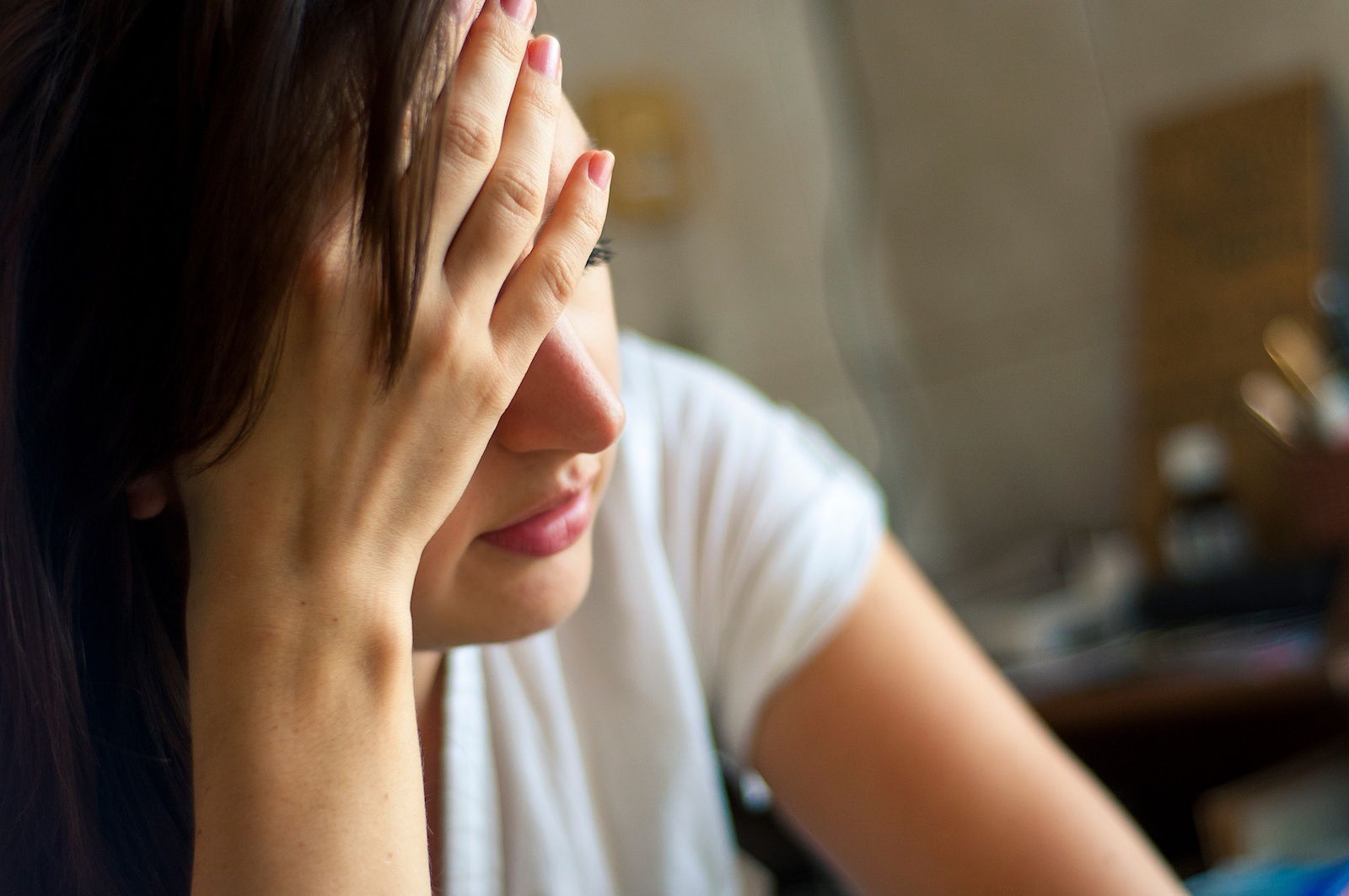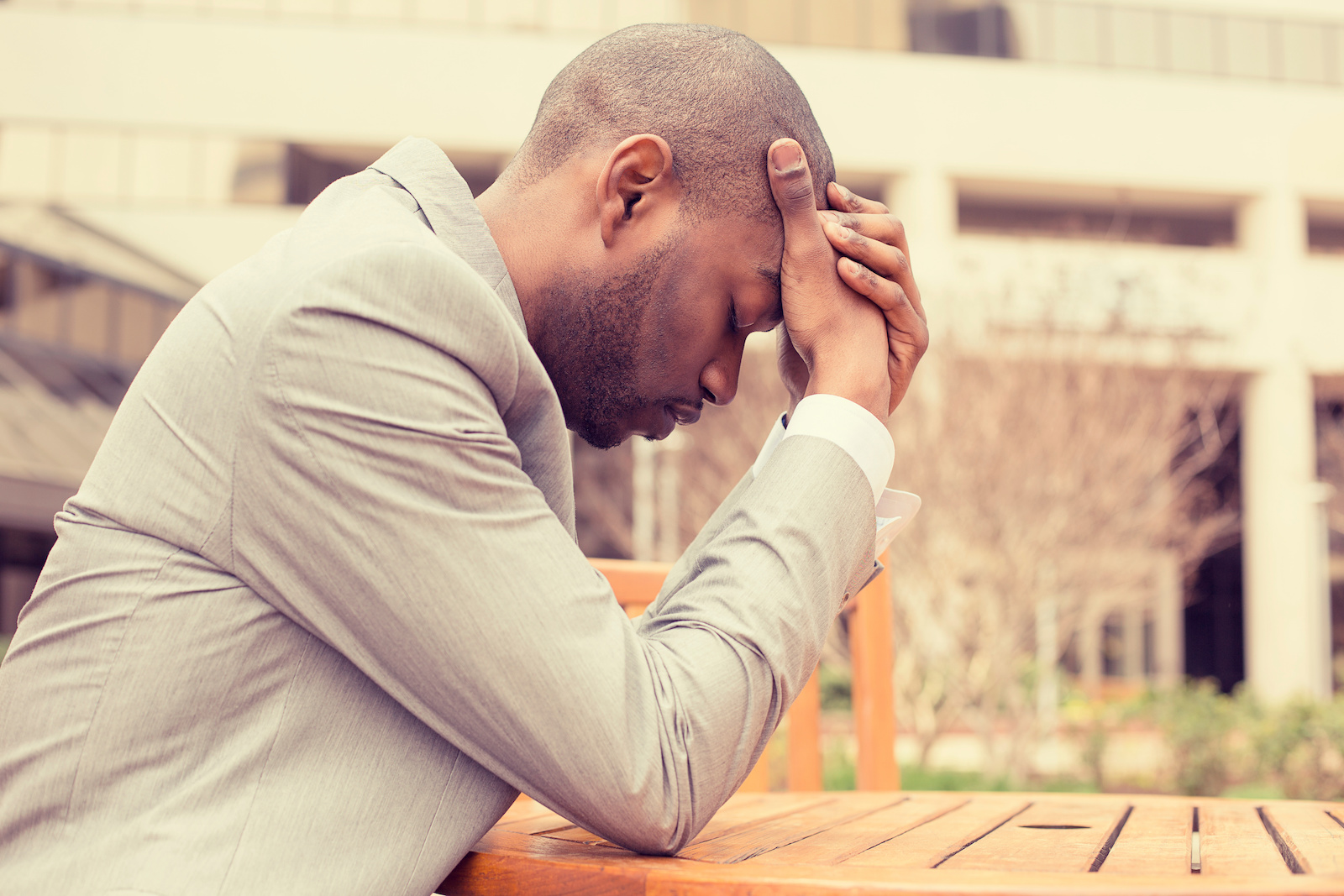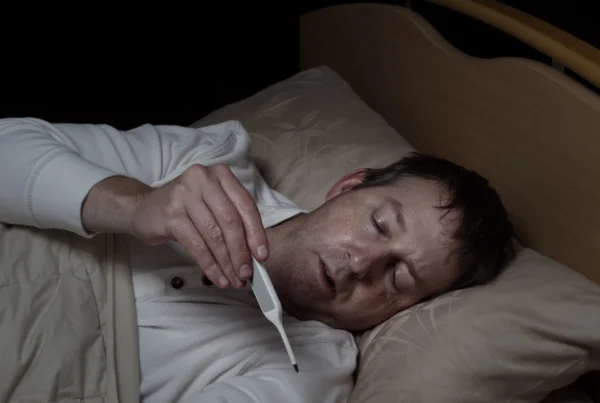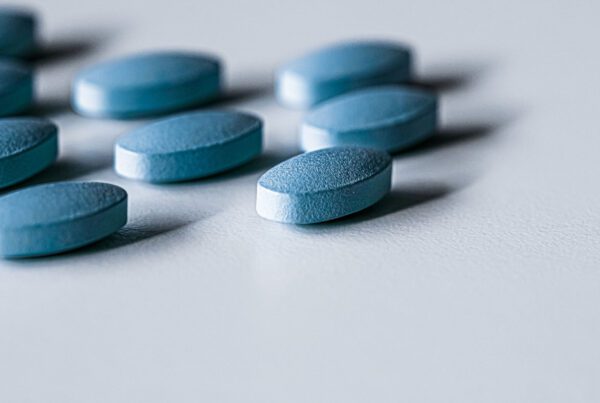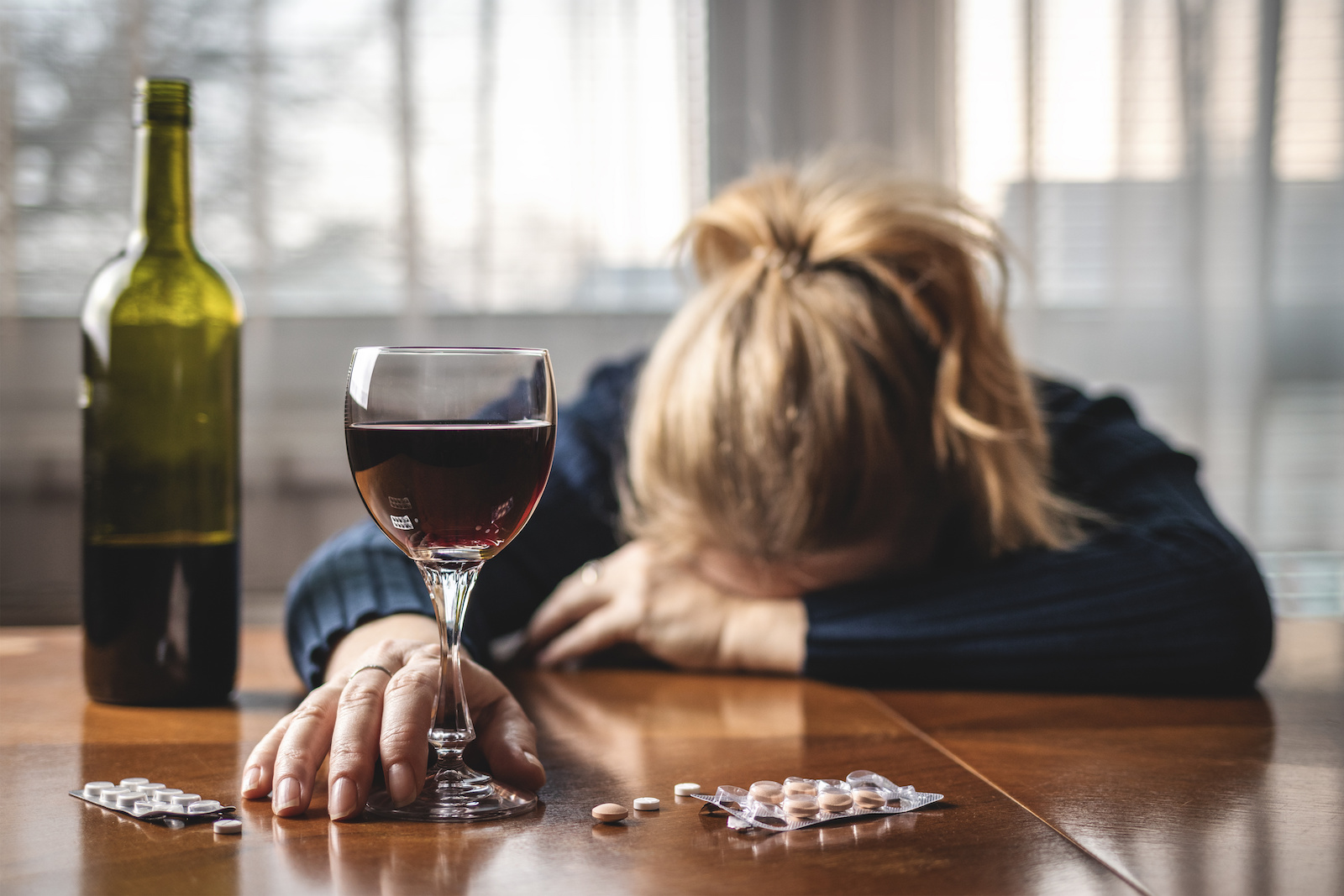
Table of Contents
Mixing drugs usually isn’t a good idea, but when it comes to long-term medications like Wellbutrin, many people are tempted to try it, even if only once or only a little bit.
The truth is that adding alcohol to almost any medication can increase your risks and may make side effects more likely. In some cases adding alcohol can lead to toxic combinations or dangerous side effects like too much sedation.
It’s always better to understand how two drugs, like medication and alcohol, will interact together. Wellbutrin and alcohol are no exceptions to that rule. So, here’s what you need to know about Wellbutrin and alcohol, the risks of mixing these two drugs, potential side effects from mixing them, and the possible signs of addiction that you should be aware of before mixing Wellbutrin and alcohol.
This article is intended to be informational first and useful whether you’re wondering about mixing Wellbutrin and alcohol yourself or are worried about a loved one who might be doing so.
Let’s dive in.
What Are The Side Effects Of Taking Wellbutrin And Alcohol?
You first need to know that Wellbutrin is an antidepressant medication. In general, antidepressants and alcohol don’t mix well, partly because the alcohol may exacerbate your depression symptoms and make the medication less effective.
But there can also be other, more serious side effects from mixing Wellbutrin and alcohol. Some of the side effects from mixing these drugs can be dangerous, and all of them are likely to get worse the larger your dose of Wellbutrin, the more alcohol you drink, and the more regularly you drink.
A single alcohol binge can have serious health consequences, but so can drinking a more moderate amount of alcohol much more often.
In general, it’s advised for people taking Wellbutrin and other antidepressants to avoid alcohol or only to have a single drink at a time if they insist on drinking. Drinking infrequently and in moderation is much less dangerous but may still come with more serious side effects in some people.
That being said, Wellbutrin isn’t a typical antidepressant and functions a little differently. It’s still not a good idea to mix Wellbutrin and alcohol, but changing your drinking habits suddenly can also be a problem and may risk seizures.
If you were already drinking heavily when you started Wellbutrin, you should talk with your doctor about whether now is the right time to start the medication or if it would be better to stop drinking first. If you start drinking heavily while taking Wellbutrin, it’s important to taper off slowly and to work with your doctor to find a safe schedule to stop either Wellbutrin or alcohol, or, in some cases, both.
Your risk of seizures with alcohol use increases the larger your dose of Wellbutrin if you have an eating disorder at the same time or have an underlying condition that causes seizures, even if you’re in treatment and the condition is managed.
What Happens When You Take Wellbutrin And Alcohol Together? What Are The Risks?
Mixing alcohol and Wellbutrin can have various side effects depending on how you drink, how much you drink, your overall health, and your behavior before, during, and after drinking.
The most common side effects of combining Wellbutrin and alcohol are:
- Dizziness
- Drowsiness
- Lowered alcohol tolerance
- Lowered inhibitions and reckless behavior with less intoxication
- Headache
- Seizures
- Increased or severe Depression
However, these side effects are significantly more common if you are on a larger dose of Wellbutrin, drink more than 1-2 drinks at a time, or already have a relatively low tolerance to alcohol.
Additionally, things like how well-hydrated you are and whether you’ve eaten enough the same day and the day after you drink can impact how severe your side effects are. So it’s even more important than usual to have plenty of food to eat and to be well-hydrated while drinking if you’re also taking Wellbutrin.
It’s also important to note that the primary side effects from Wellbutrin and Alcohol are in addition to, not instead of, the side effects from both Wellbutrin and alcohol separately.
Remember, you aren’t just dealing with two drugs. You’re dealing with the side effects and impact of both drugs, how those drugs interact in your body, and your body’s attempts to remove or cope with the drugs you’ve taken. That’s a far more complex equation than just Wellbutrin or Alcohol alone.
Remember, one of the most serious side effects of both Wellbutrin and Alcohol is increased depression, the urge to hurt yourself, or thoughts of suicide. If you have any of these, they should be taken seriously, and you should seek medical help. Typically, if you need help with depression, the best place to go is an emergency room, but if you’re seeing a therapist, you may be able to call them first to find out what you should do.
Unfortunately, increased symptoms of depression are incredibly common when you mix alcohol and Wellbutrin, and they can last for several days or weeks after combining the two drugs.
Signs You May Be Struggling With An Addiction
Addiction can also be a serious risk when you mix Wellbutrin and Alcohol. Typically, Wellbutrin isn’t a medication of abuse, but the combination of Wellbutrin and other medications can be because of the reduced tolerance Wellbutrin often causes to other drugs, including alcohol.
Most of the time, when people develop an addiction to either Wellbutrin or alcohol, the primary problem is alcohol use disorder. However, you may still want to talk with your doctor about whether a different antidepressant medication might be a better option for someone in your position.
There are a lot of signs of addiction to Wellbutrin and Alcohol, but the most basic warning sign is wanting to drink more or more often. Especially since Wellbutrin lowers your tolerance to alcohol while you’re taking the medication, suddenly wanting to drink more or even gradually increasing the amount you drink can be a sign that there is something wrong or that you’re using alcohol to cope with things in a way that might lead to addiction.
Here are some additional warning signs of addiction to Wellbutrin and Alcohol:
- You find yourself drinking more often
- You feel like you need to drink more to get the same effectiveness
- You’ve considered taking more Wellbutrin to lower your tolerance to alcohol further
- You worry about how you’re going to pay for alcohol
- You feel like you can’t stop drinking once you start
- You want to drink at inappropriate locations and times
- You feel like drinking is the only way you can relax
- You feel like drinking is the only way you can sleep
- You feel like you’re more yourself when you drink.
- Do you think you need a drink to prepare for high-stress situations or presentations
- You’ve started or thought about drinking at work/school
- Your work/school performance is suffering
- Your relationships are suffering because of your drinking habits
- You feel like you need to hide how much you drink
- You’re worried people will judge you for how much you drink
- Your doctor has warned you about drinking while taking Wellbutrin or told you you’re drinking too much while on this medication, and you’ve continued to drink.
If even a few of these feelings sound familiar to you or describe your loved one’s behavior, you might be dealing with an addiction.
Thankfully, many resources are available that can help if you are dealing with an addiction. You don’t have to do this on your own.
How To Get Help If You Are Struggling With An Addiction
Suppose you’re still reading this article and are worried that you might have an addiction to Wellbutrin and Alcohol, congratulations! You’ve already taken the first step in overcoming addiction, which is recognizing that there is a problem in the first place.
The next steps are usually easier. For example, once you know you have a problem, it’s a lot easier to create a game plan to make it work.
A good first step for dealing with an addiction to Wellbutrin and Alcohol is to talk to the doctor that prescribed the Wellbutrin in the first place. They should be able to help you determine if this is an addiction and will give you some options for local resources and places you can get treatment if you choose to.
However, one of the better options when dealing with an addiction to Wellbutrin and alcohol is to go to a residential treatment center. Addiction and mental illness are hard to deal with on their own, but the problem can become much more complicated when combined. That means that specialized round-the-clock care can be especially helpful when dealing with depression or other mental health disorders. Wellbutrin can treat addiction.
Residential treatment centers can also help you build addiction-specific coping mechanisms and continued care plans once you’ve overcome the initial round of the addiction and help prepare you to avoid a relapse and continued addiction.
If you’re ready to overcome addiction and think that a residential treatment center might be the best option for you, contact Ocean Recovery. We can help and are happy to discuss our programs and the intake process.
Sources:
- Carter A. Can I Drink Alcohol While Taking Wellbutrin? Healthline. Published June 4, 2019. Accessed November 18, 2022. https://www.healthline.com/health/wellbutrin-and-alcohol
- Brewer A. Can I Have Alcohol With Antidepressants Like Bupropion? GoodRx. Published December 1, 2021. Accessed November 18, 2022. https://www.goodrx.com/bupropion/can-i-drink-alcohol-on-antidepressants-bupropion
- Wellbutrin and Alcohol/Food Interactions. Drugs.com. Accessed November 18, 2022. https://www.drugs.com/food-interactions/bupropion,wellbutrin.html

